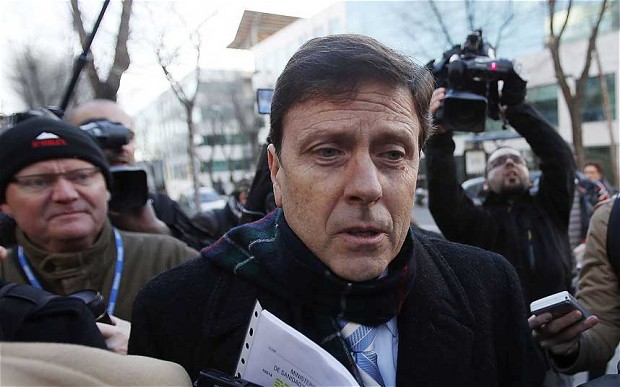Editor’s note: This report compiles all relevant news,
events and materials on International and European Sports Law based on the
daily coverage provided on our twitter feed @Sportslaw_asser. You are
invited to complete this survey via the comments section below, feel free to
add links to important cases, documents and articles we might have
overlooked.
The headlines
What a month June
turned out to be. Waking up the morning after the 23rd, the results
of the UK referendum on EU membership were final. The words of Mark Twain: “Apparently
there is nothing that cannot happen today”, might provide the most apt
description of the mood felt at the time.[1]
The Leave campaign’s narrow victory has brought along tremendous economic,
political and legal uncertainties for both the UK and the (other) Member
States. To give but one example, with regard to the implications of Brexit on Europe’s
most profiting football league, we recommend an older blog
by Daniel Geey and Jonny Madill. More...
Forget the European Championship currently held in France or the
upcoming Olympic Games in Rio. Doping scandals are making the headlines more than
ever in 2016. From tennis star Sharapova receiving a two-year ban for her use of
the controversial ‘meldonium’, to the seemingly never-ending doping scandals in
athletics. As if this was not enough, a new chapter
was added on 14 June to one of the most infamous and obscure doping sagas in
history: the Operación Puerto.
The special criminal appeal chamber,
the Audiencia Provincial, has held that the more than 200 blood bags of
professional athletes that have been at the center of the investigations since
2006 can be delivered to the relevant sporting authorities, such as the Spanish
Anti-Doping Agency (AEPSAD), WADA, the UCI and the Italian Olympic Committee
(CONI). In other words, there is now a good chance that the identities of the
involved athletes might eventually be revealed.

Source: http://www.telegraph.co.uk/sport/othersports/cycling/9834122/Operation-Puerto-doctor-Eufemiano-Fuentes-treated-tennis-players-athletes-footballers-and-a-boxer.html
This case note will analyze the court’s ruling and summarize its most
important findings. Given the amount of time passed since the scandal first
came to light (2004), the blog will commence with a short background summary of
the relevant facts. More...